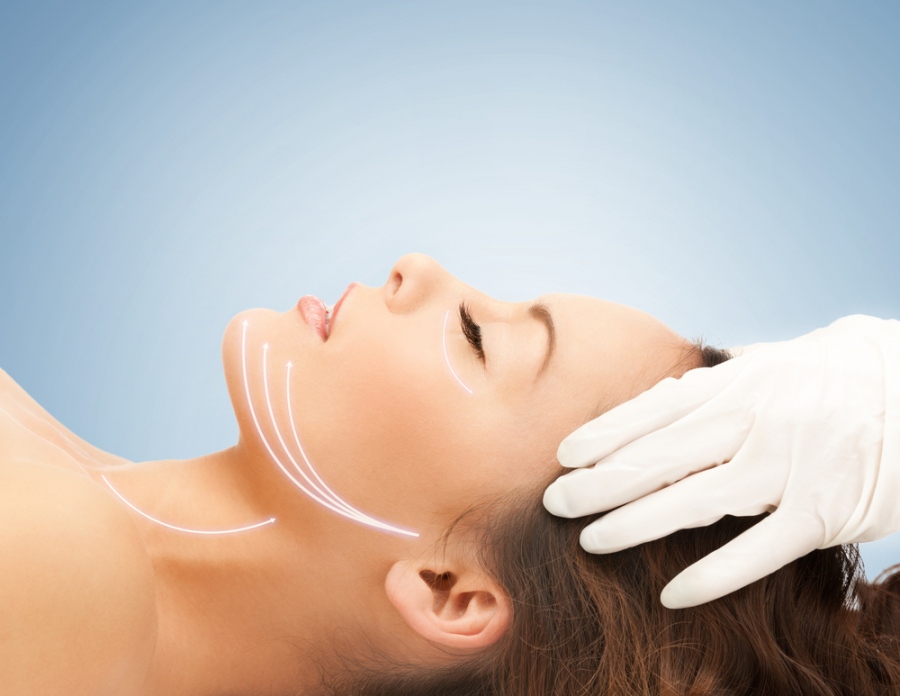Is Cosmetic Surgery Becoming More Widely Accepted?
Cosmetic surgery, at least on this side of the Atlantic, has remained roughly stable, according to figures released last year by the British Association of Aesthetic Plastic Surgeons. More than twenty-eight thousand procedures were conducted over the whole of 2018, which represented a minimal increase of around 0.1%.
There were, however, some significant shifts in the type of surgery being offered. Women represent the overwhelming majority of plastic surgery patients, at 92% of surgeries undergone. Among them, liposuction has enjoyed a rise of 12%, while abdominoplasty has risen by 5%.
Why the rise in liposuction?
Now, this can be explained in part by the amount of excess subcutaneous fat there is to siphon. The UK is quietly enduring an obesity crisis, with the amount of obesity-related hospital admissions quadrupling over the past decade. This would also go some way to explaining the rise in breast reductions and the fall in breast augmentations (though the latter still remains by far the most popular procedure).

The BAAPS’s former president, Rajiv Grover, identified other driving forces behind the trend. “The rise comes at a time where the popularity of TV shows such as Love Island has driven the desire for a toned torso, as did the fashion for women’s athleisure clothing,” he said following the publication of the audit. It’s undeniable that influencers influence the behaviour of their audience – if they didn’t, then they wouldn’t be doing their job. As a result, the BAAPS is calling for greater regulation.
Greater Acceptance
A great deal of anecdotal evidence is pointing to surgery becoming more widely accepted. Surgeons who once had to install a rear door to allow patients to arrive in secrecy are now having patients post photos of themselves from the waiting room.
Greater Affordability
The price of the average procedure has fallen dramatically over the last few decades. What once was the sole preserve of the super-wealthy has been made available to just about everyone. Moreover, technology has offered a few acceptable alternatives to invasive surgery, such as laser treatment.
Social Media
Thanks to the ubiquity of social media, we’ve greater access than ever before to people who look wonderful. What’s more, we can publish images of ourselves and see just how poorly we compare. According to polling by the Mental Health Foundation, 22% of adults and an astonishing 40% of teenagers said that images on social media had caused them to worry about their body image. If these figures are anywhere near accurate, it would be surprising if we didn’t see a marked increase in cosmetic surgery applications over the coming years.












